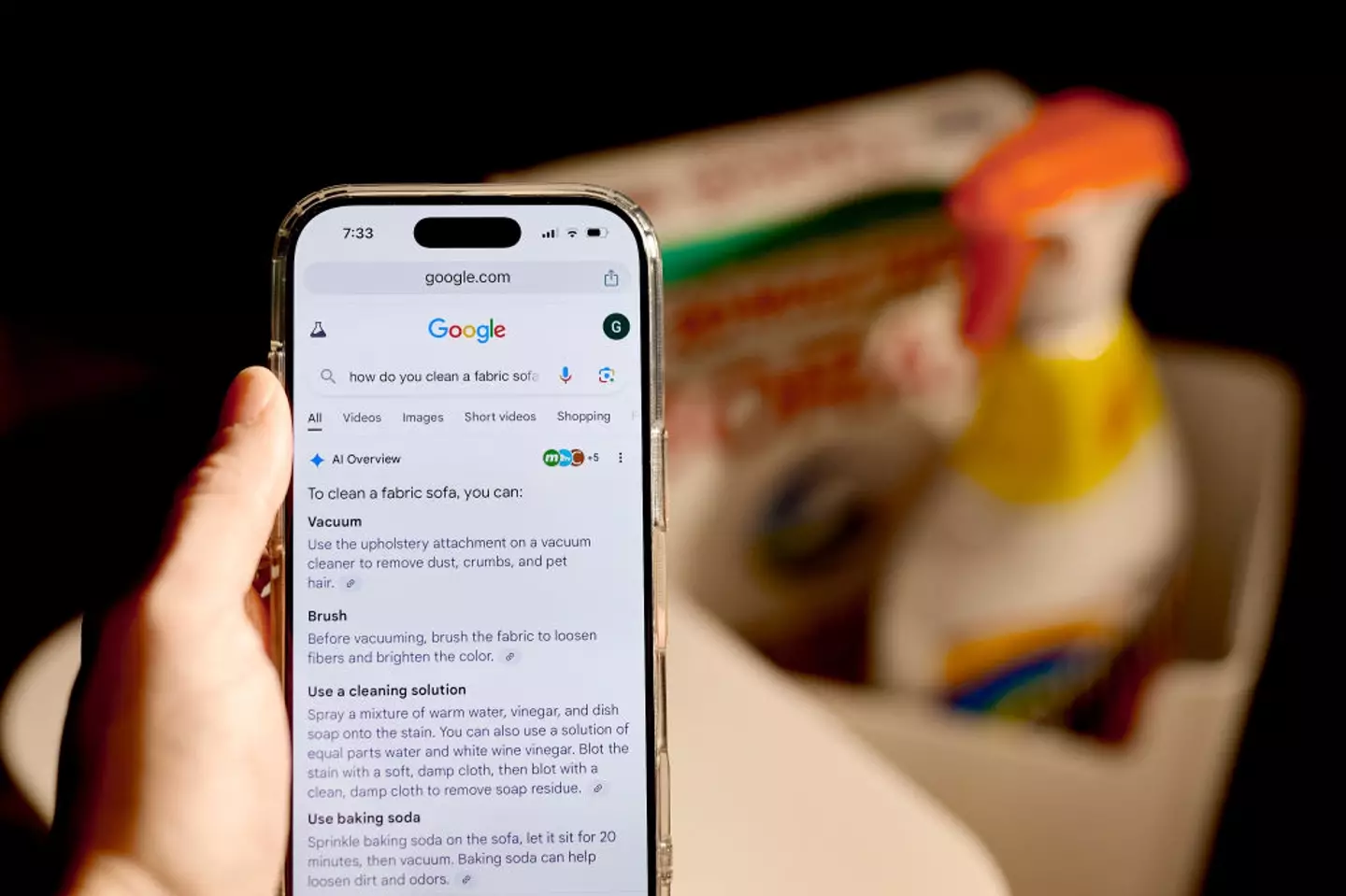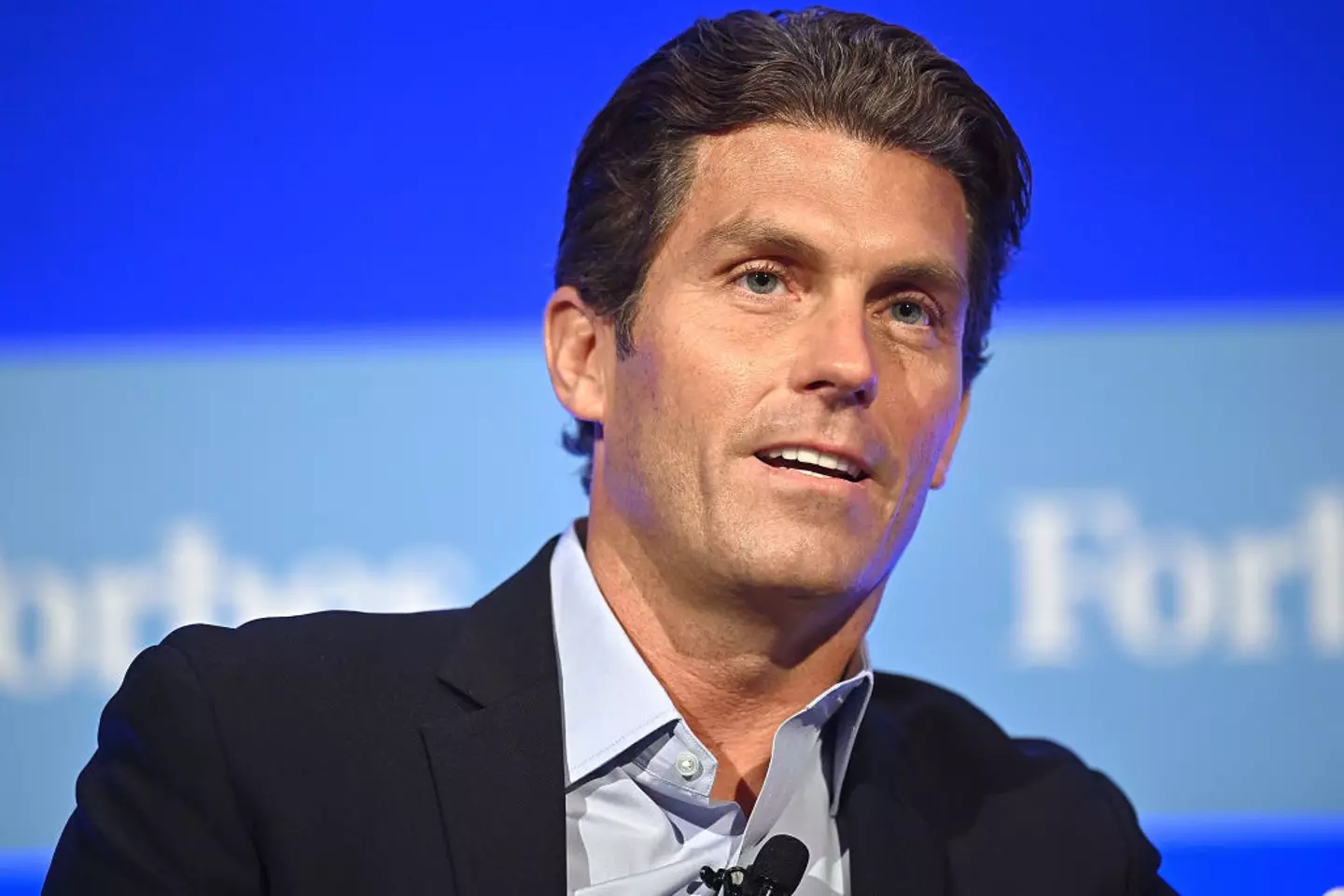
The parent company behind publications like Rolling Stone, Billboard, and Variety has opened a historic lawsuit against Google in reference to its AI overviews, and it could change the direction that the web is heading in.
Artificial intelligence has had an already dramatic effect on the way that people use the internet, and Google as the web's de facto welcome mat has played a significant part in that transformation.
While there remains a percentage of people who have opted to move entirely away from search engines, relying instead of direct AI model interactions with apps like ChatGPT or Google's own Gemini, the implementation of 'AI Overviews' into search has been significant for websites.
These were rolled out in May 2024, and were accompanied by the far more aggressive 'AI Mode' earlier this year, with both providing a more seamless experience by generating information that is pulled from search results without you needing to enter a single website.
Advert
While this is arguably 'better' for the user as it saves them time and often condenses the information that you're searching for into a few sentences, many publishers have rightfully become outraged after their traffic (and revenue as a result) has tanked because of this.

One search engine optimization expert has predicted an 'apocalypse for websites' that could soon 'destroy the web' as a result of these AI-powered summaries, and a new lawsuit driven by Penske Media Corporation (PMC) against Google only furthers that perspective.
As reported by TechCrunch, PMC – which owns brands like Rolling Stone, Variety, Hollywood Reporter, and Billboard – has claimed that Google's implementation of AI into search has damaged its business, particularly in how it it allegedly holds a monopoly.
"As a leading global publisher, we have a duty to protect PMC's best-in-class journalists and award-winning journalism as a source of truth," explained the company's CEO Jay Penske. "Furthermore, we have a responsibility to proactively fight for the future of digital media and preserve its integrity — all of which is threatened by Google's current actions."
The lawsuit reveals that Google now requires publishers to opt into the processing, training, and republishing of their own data for AI if they want their content to be indexed and as a result show up in Google's search results, and pulling out of that agreement would be effectively killing your business.
PMC argues that this would be "devastating" to do, yet the impact of AI Overviews has already been felt, with the company reporting "significant declines in clicks from Google searches since Google started rolling out AI Overviews."

It emphasizes that "these revenue streams rely on people actually visiting PMC sites," whereas AI Overviews – while pulling information directly from the content on the sites themselves – often does not encourage people to actually click through.
Some have argued that Google is shooting itself in the foot with these moves, as if the content is unable to be produced by websites as they have no revenue, then AI Overviews will therefore have no information to pull from and provide for people using search.
Google, however, refutes these claims and argues that AI Overviews create "new opportunities for content to be discovered" for users. Spokesperson José Castañeda claimed that "every day, Google sends billions of clicks to sites across the web, and AI Overviews send traffic to a greater diversity of sites," adding that "we will defend against these meritless claims."
